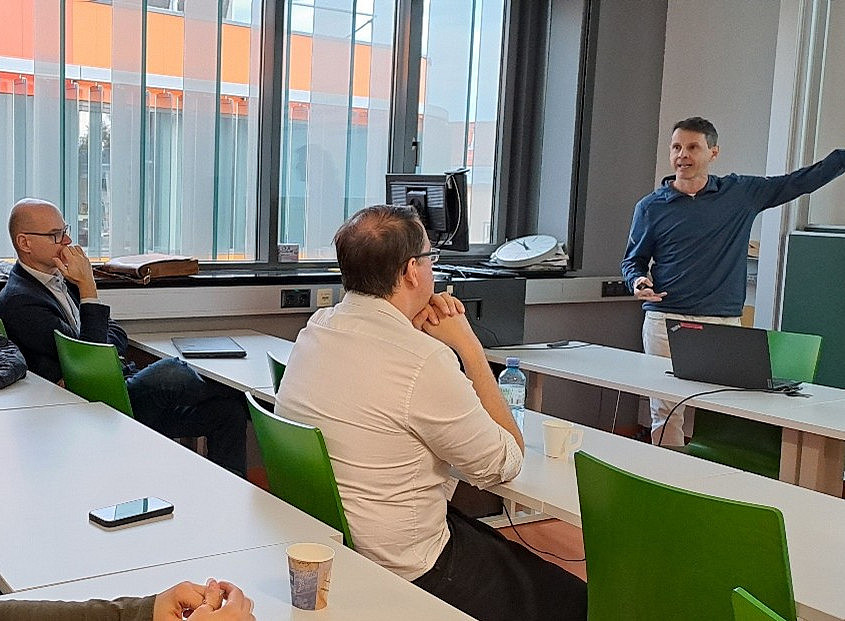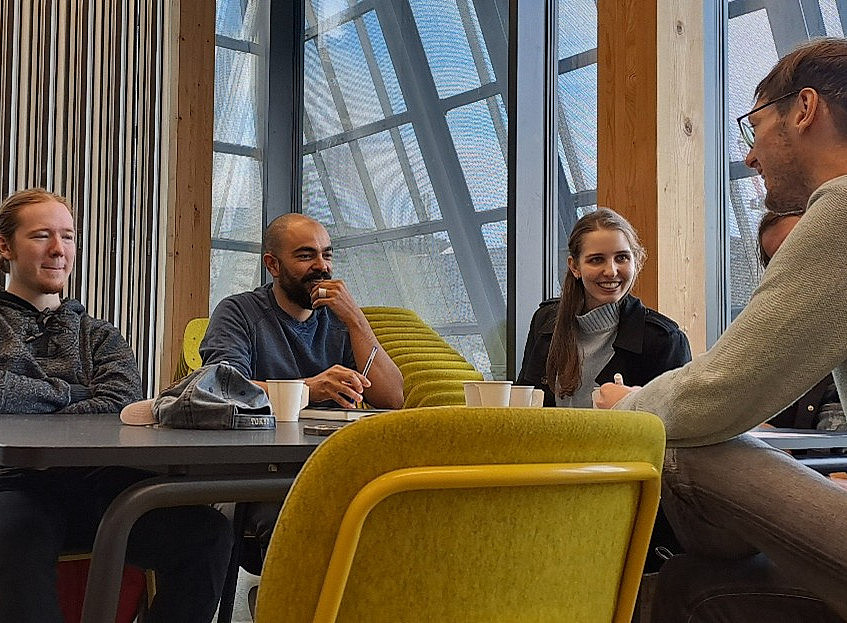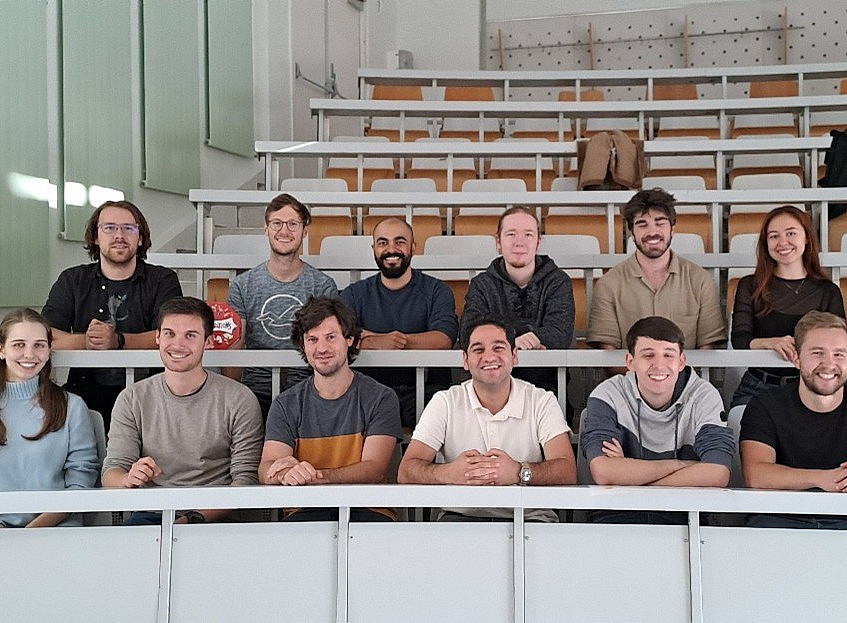Doctoral students spend a great deal of time during their doctorate advancing their research projects. In addition, many doctoral students are involved in teaching and attend seminars as well as scientific conferences. However, there is often little time left to think about their career phase that follows.
The NanoGraz consortium of the Research Career Campus took this as an opportunity to present possible career paths to its current cohort of doctoral students.
Many of our doctoral students will complete their doctorates in about a year. So it made sense to organize an event to highlight the options available to them,
explains Thomas Weiss, one of the two spokespersons for NanoGraz together with Peter Banzer.
The conceptual planning of this event focused on providing genuine added value for NanoGraz doctoral students. It had to be an event tailored entirely to their needs,
adds Peter Banzer. With this mission as the main driving force, the NanoGraz Careers & Ideas Days were born.
The first day began with reports from Marco Simic, a postdoctoral researcher in the OpNaQ group at the University of Graz, and David Clases, who was recently appointed as an associate professor at the University of Graz. While their focus was on a career in academia, the next part of the event dealt with career options in industry. Christian Hill from the Graz startup BRAVE Analytics and Rainer Minixhofer from ams-OSRAM provided insights into daily professional life at their respective companies and explained what to keep in mind. This part was followed by a presentation from Johanna Stadlbauer as the head of the Research Career Campus about their programs for supporting young researchers, and a talk by Robert Fuchs from the research management department at the University of Graz, who gave an overview of general national and international funding programs. At the end of the first day, Simone Recchi from the Austrian Science Fund FWF informed the attendees about what to consider when submitting their own research proposals and which FWF programs are primarily aimed at young researchers.
On the second day, it was the turn of the doctoral candidates.
Consortia such as NanoGraz aim to enable interdisciplinary doctoral training at the University of Graz,
reports Peter Banzer.
“Most joint research projects are usually initiated by the supervising professors. We therefore wanted to give the doctoral candidates the opportunity to become actively involved and to develop project ideas themselves.”
In a total of three groups, ideas were brainstormed and developed into small mini projects.
Initially, we planned to reward the best project with EUR 5,000 as seed funding for implementation. In the end, however, the selection committee decided unanimously that all proposals deserve funding. Therefore, we decided to support all projects with EUR 3,000 each,”
explains Thomas Weiss.
Apparently, the two-day event was also well received by the doctoral students.
I thought it was a great idea. I found the reports from the early-career researchers particularly helpful. But working out our own project ideas was also a lot of fun,
comments Diana Shakirova, a doctoral student at NanoGraz.


